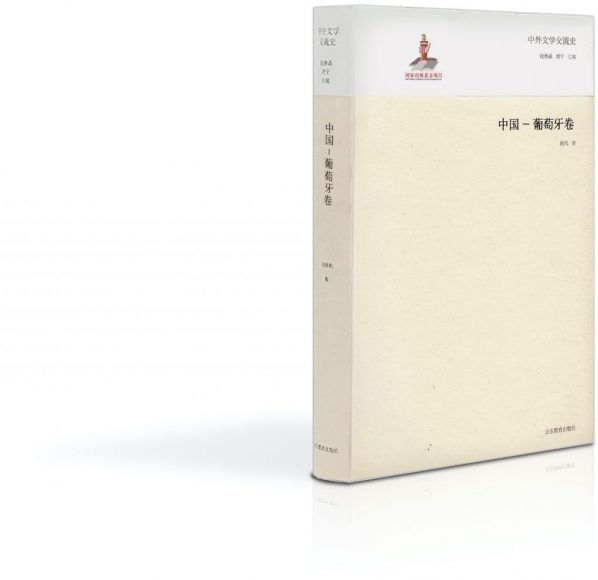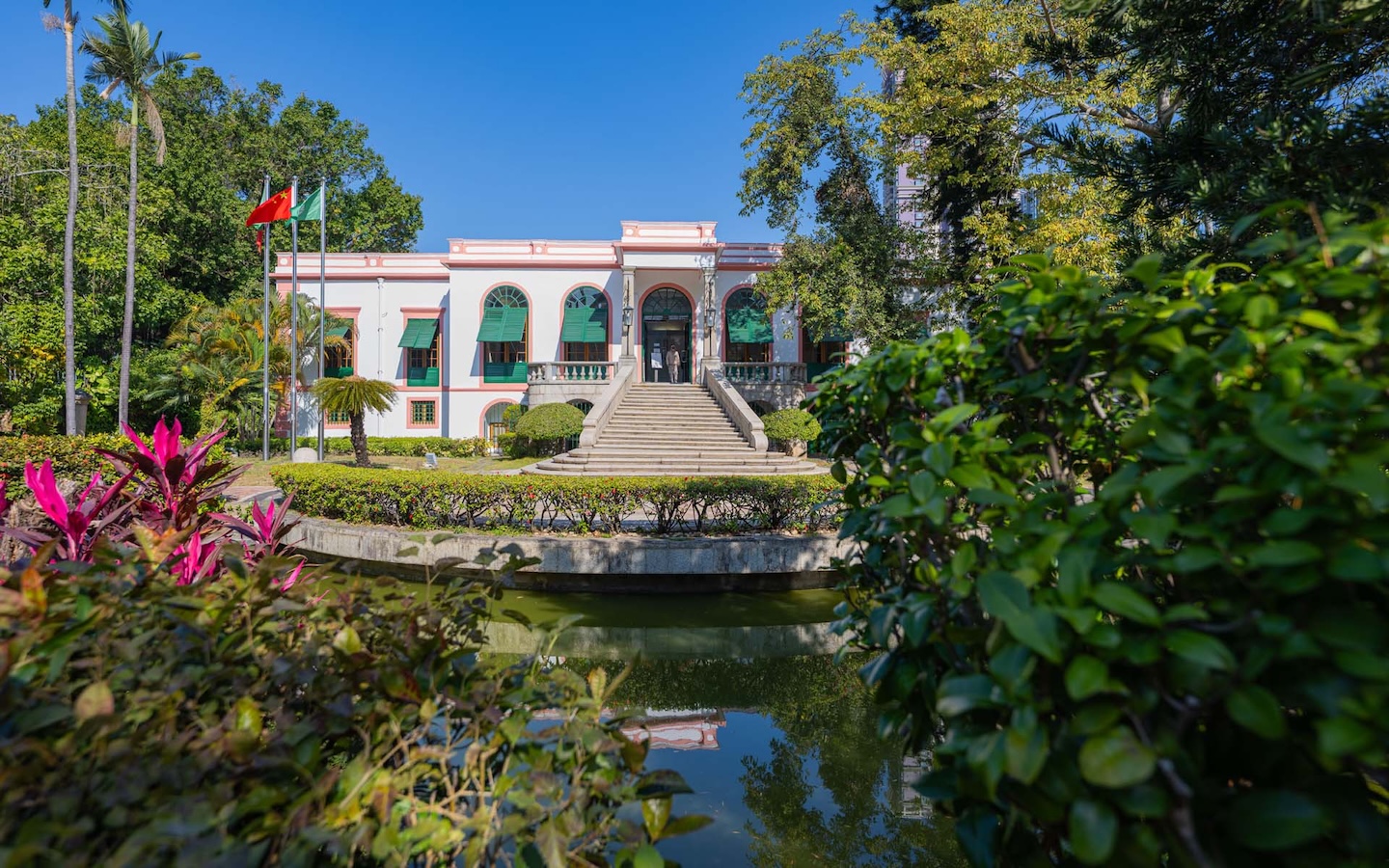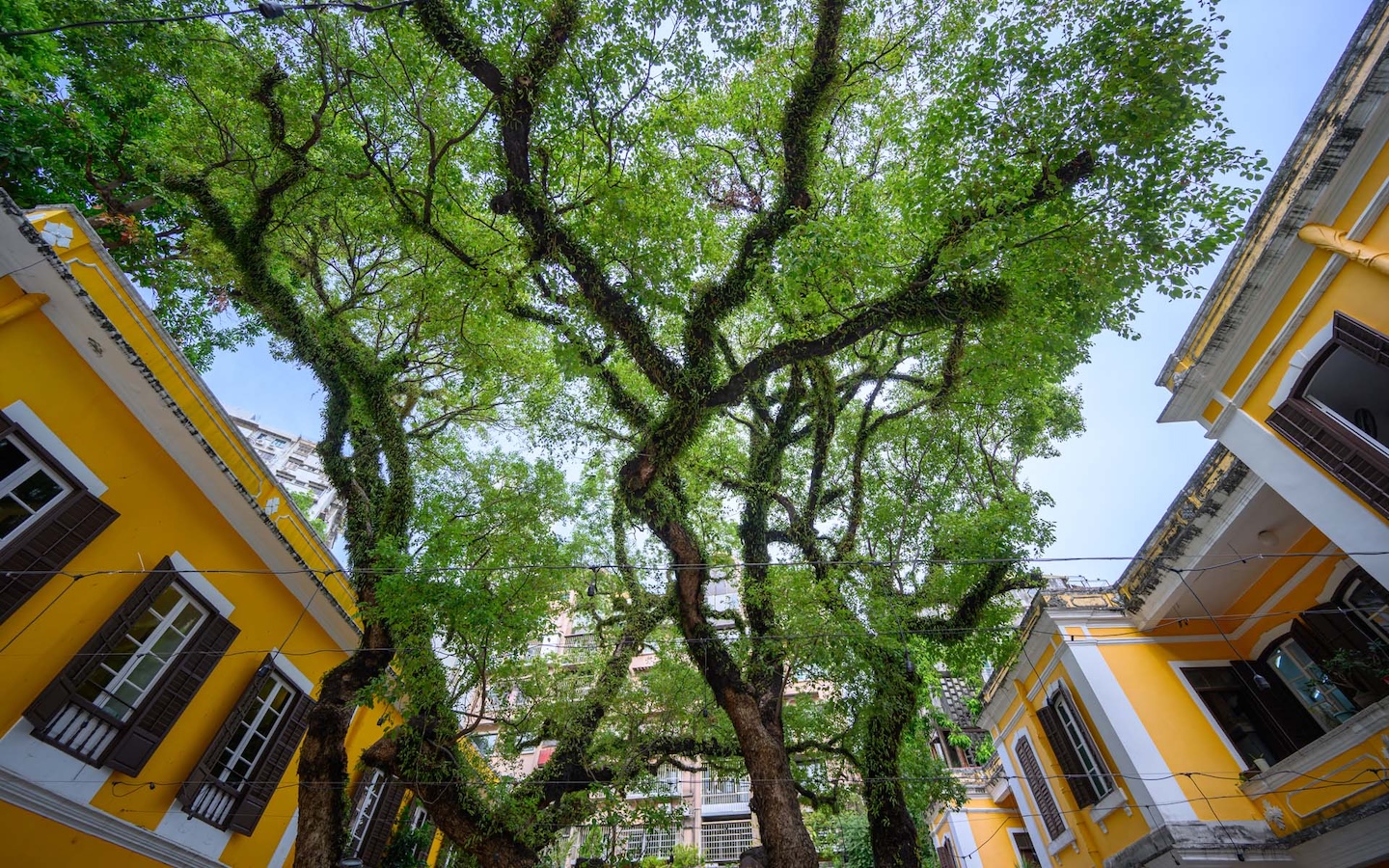New book sheds light on how Portugal viewed China over the centuries
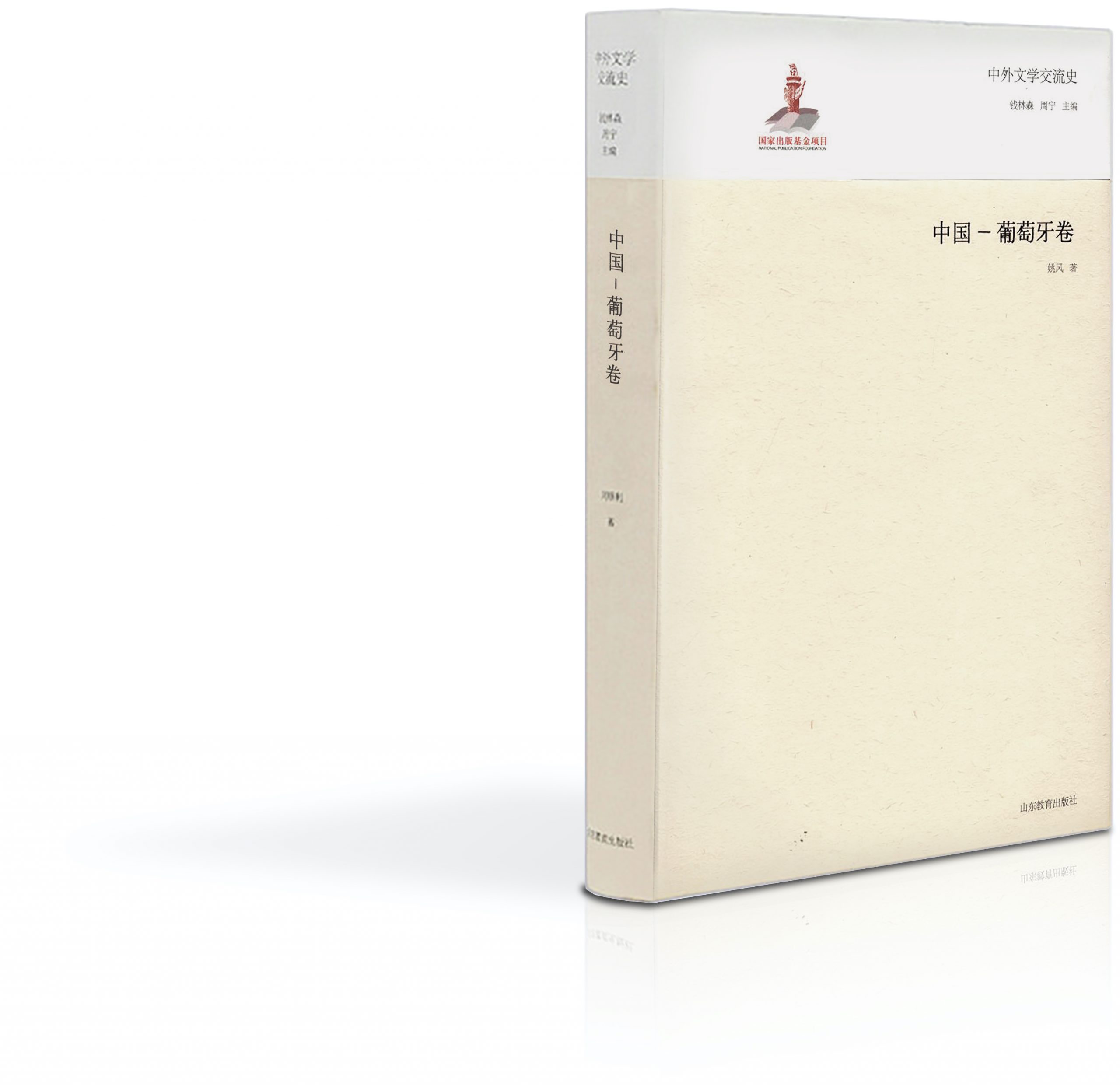
Yao Jingming’s latest book, History of the Literary Exchange between China and Portugal, chronicles six-centuries-worth of Portuguese perspectives on China ranging from viewing it as one of the world’s most advanced countries to a backwards nation riddled with corruption.
Director of the Department of Portuguese at the University of Macau, Yao is one of China’s leading specialists in Portuguese literature and has been recognised by the Portuguese government for his contributions to their nation’s literature. Yao is also a poet, composing in both Chinese and Portuguese, and has translated some of the most prominent Portuguese poets into Mandarin.
History of the Literary Exchange between China and Portugal was published in August of 2016 by the Shandong People’s Publishing House, debuting that same month at the Beijing International Book Fair. It is one in a series that includes literary exchanges between China and the U.S., Britain, Japan, Saudi-Arabia and Spain. The series is sponsored and organised by the National Publishing Foundation.
“The Portuguese have been very active in their interest in China,” says Yao. “[This interest] first dates from exchanges between Portuguese and Chinese people in Malaysia before even arriving in Macao. From that point forward, the Portuguese began to write about China and its people, including poems, novels and travel books. In contrast, the Chinese have written nothing deep about Portugal, its people, country and culture. They are not interested enough. Perhaps because they regard the Portuguese as colonists and are not interested in their culture and history.”
“In Macao, the two [cultures and people] have lived side by side for more than 400 years, but there has been little contact between them and even less in terms of literature. Despite this long period [of cohabitation] in Macao, the Portuguese did not learn Chinese, and only a small minority of Chinese are able to speak Portuguese.”
Today, with a growing market in mainland China, there are more Portuguese literary books translated into Chinese. Fernando Pessoa is currently the best-known Portuguese writer in China. “I myself co-ordinated with Professor Ana Paula Laborinho on the translation of 27 of these works. My translation of an anthology of [works by] Eugénio de Andrade will be published by Hunan Literature Publishing House at the end of this year,” says Yao.
A Utopic China
Early Portuguese authors regarded China as a wonderful place. Fernão Mendes Pinto, a writer and explorer who lived from 1509 to 1583, described the country as very advanced in his autobiographical memoir Peregrinação (Pilgrimage), published in 1614. “He went to Southeast Asia, China and Japan, including stops in Macao and Beijing,” says Yao. “He exaggerated China’s good points, even describing a prison-like a holiday camp. His book was published in Portugal in two volumes and made a big impact there at that time.” Other 16th century authors who hyped up China included Galioto Pereira, João de Barros and Gaspar da Cruz.
Álvaro Semedo, a Catholic priest who worked as a missionary in China, presented a more balanced perspective having a more detailed knowledge of everyday life. Born in 1585 or 1586, Semedo joined the Jesuit order in 1602. He arrived in Macao in 1610 and later travelled to Nanjing in 1613. During an anti-Christian campaign in 1616, he was imprisoned and sent back to Macao where he stayed until 1621. He later changed his Chinese name from Xie Wulu to Zeng Dezhao and reentered the mainland where he remained for the rest of his life, with the exception of a single visit to Europe to recruit more missionaries and obtain support from the church. Whilst there, he published a long report on China. Back in China, he served as the Vice-Provincial of the Jesuit order in Guangzhou where he resided until his passing in July 1658.
Compared to Europe, China was indeed an advanced country at the end of the Ming and the early part of the Qing dynasties (1644–1911). In 1800, China had the largest GDP in the world, accounting for more than 30 per cent of the global total. It wasn’t until the Industrial Revolution at the turn of the century (1760–1840) that Europe and then the United States of America were transformed into economic powers.
Beginning in the mid-19th century, Portuguese authors began to perceive China differently, falling in line with the general consensus of Western opinion that it was a corrupt nation in a period of rapid decline following the Opium Wars.
Eça de Queirós’ novel O Mandarim (The Mandarin) dramatised the life of a Chinese official. “He never went to China. But this [novel] was a fantasy. He was the most famous contemporary author in Portugal and is often compared to France’s Gustave Flaubert,” says Yao. “He also served as the Portuguese consul in Havana, Cuba, where he saw Chinese coolies sent there from Macao. He praised them for their hard work. In his writings about the Chinese and Japanese, his attitude was complicated and contradictory.”
Another important writer was Camilo Pessanha, who arrived in Macao from Portugal in April 1894 at the age of 24 following a failed love affair. “His attitude was also contradictory. He saw the country as backwards but greatly valued the language, which he studied,” Yao explains. Pessanha spent most of the rest of his life in Macao. He was a philosopher and later an attorney, judge and adviser to several governors. The poet’s most famous work is Clepsidra, a consolidated collection of his poems. A volume of his Portuguese translations of Chinese poetry was posthumously published.
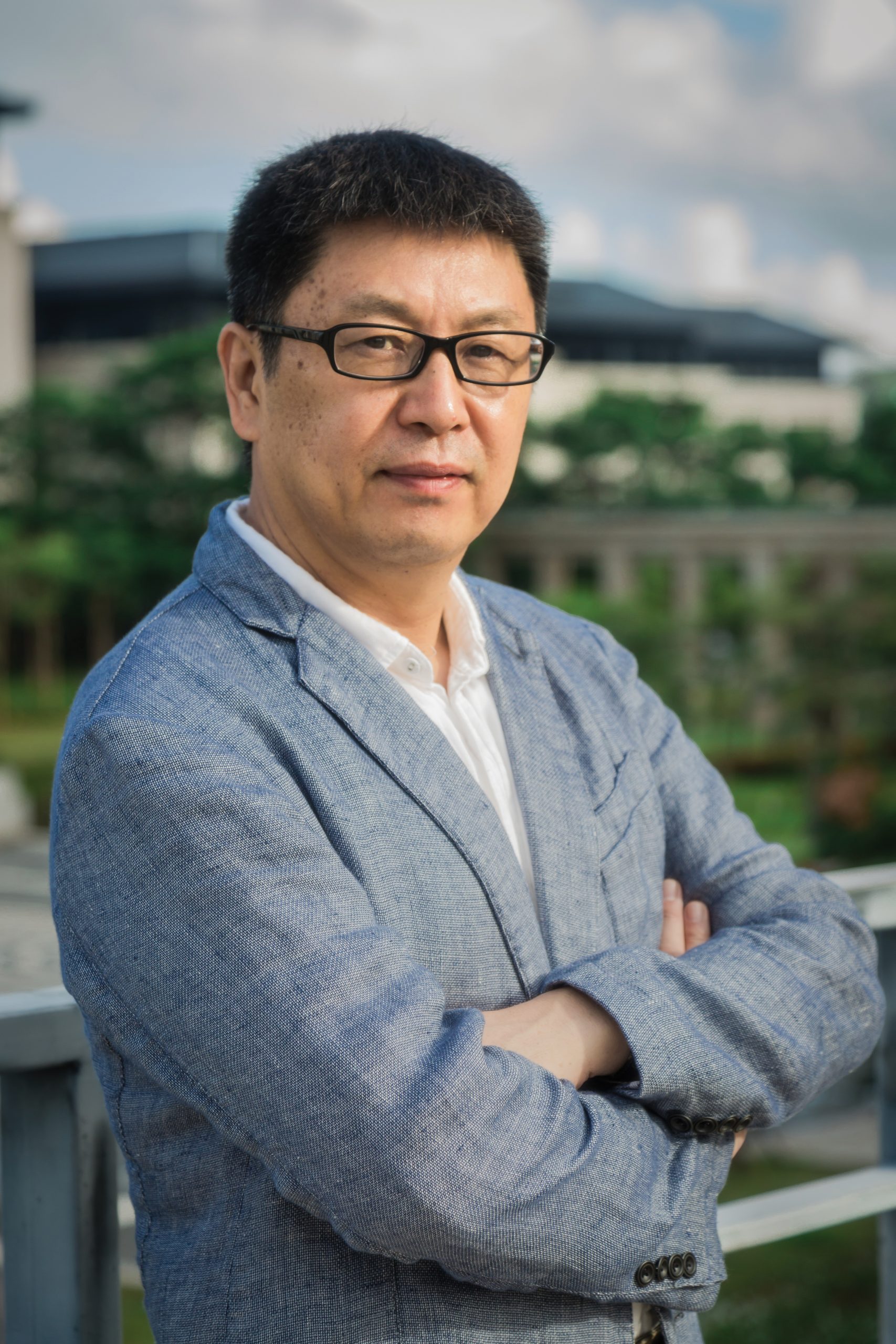
A Portuguese love affair spanning four decades
A native of Beijing, Yao has been a student of Portuguese for 40 years. He initially learned Spanish in secondary school but switched to Portuguese after entering Beijing Foreign Language University in 1976. At the time, conditions for studying the language were not supportive. There was a limited supply of books, with many being banned as “Western poison.” Students had no access to Portuguese radio or television, so in the rare event that a native Portuguese or Brazilian speaker made a guest appearance in class, the teacher would often record their words to be used later.
Yao graduated in 1981 and was assigned to research Portuguese literature at the Research Institute of Foreign Languages. During the five years of his employment there, he saw conditions for foreign language acquisition improve, but there was still little interaction with foreigners themselves.
In 1987, he was transferred to the Chinese embassy in Lisbon as a translator. This pivotal moment opened up a window to the world. Yao befriended Portuguese writers who encouraged him in his compositions and translations. He published collections of poems in both Portuguese and Chinese under the pen-name Yao Feng and also completed numerous translations.
In 1992, he moved to Macao under a two–year contract, after which he taught Portuguese at the University of Macau where he completed a Master’s in Portuguese literature. He attained his doctorate at Fudan University in Shanghai, where his thesis analysed the image of China within Portuguese literature.
In 2006, Yao was awarded Portugal’s coveted Ordem Militar de Sant’iago de Espada for his contributions to the country’s literature. In December 2013, he was awarded the Cross-Strait Poet Laureate Prize.
From September 2012 to July 2016, he was vice-president of the Cultural Affairs Bureau in Macao. He returned to the University of Macau on 1st September 2016, as head of its Department of Portuguese. He is only the second non-native Portuguese to hold the post.
Macao, a centre of Portuguese learning
Yao believes that Macao can improve its role as Asia’s centre of Portuguese learning. “The government should select a certain number of schools that would specialise in teaching Portuguese. They would train students who want to become lawyers, translators, civil servants and other professions in which a high level of the language is required. For this, we need to design good courses and programmes and raise the enthusiasm of students. The government should also have a long-term plan for Portuguese education and support in schools, including private ones, that offer specialty courses.”
Yao advocates that a concentrated effort would be more productive than classes teaching the language once or twice a week in secondary schools. “[These classes] can stimulate students’ interest in Portuguese culture and history, but most of them provide no grounding in the language.”
With Macao students already bearing a heavy burden of study that includes Mandarin and English – languages required to work on the mainland and internationally – Portuguese’s uses are more limited. Since the handover in 1999, most students choose English as their main foreign language. Even when conducting business dealings with clients from Portuguese-speaking countries, many people use English to communicate, so promoting Portuguese to future generations requires a more dedicated and strategic plan.
